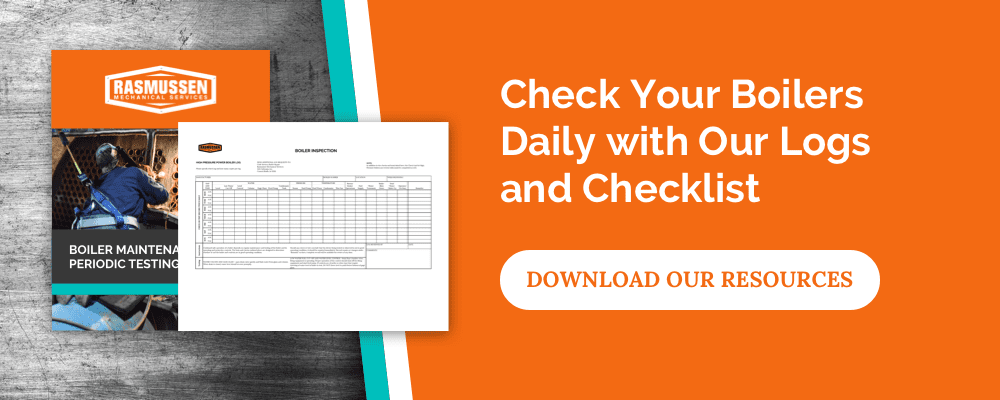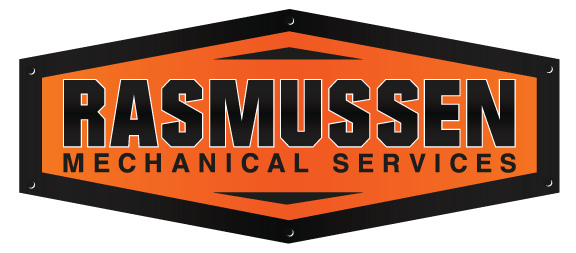You Are in Control of Your Boiler’s Fate
We won’t stop reminding you. Preventative boiler maintenance is the name of the game. Stay ahead of the problem and you will stay away from wasting away your bottom line. Boiler repair and emergency shutdowns are expensive. There’s no reason to risk the state of your facility when the solution is simple: keep accurate boiler log sheets and you will reduce your accidents.
STEP 1: CREATE YOUR BOILER LOG SHEETS


Boiler logs tend to land under two categories: daily operational logs and maintenance activity logs. Boilers themselves can have their own specifications so the manufacturers or boiler insurance companies often have log sheets to download and customize.
Each boiler in the facility should have a separate log sheet. Log sheets should be good for 31 days of use and have room for two sets of readings a day. Weekly and monthly checks should also be provided for more in-depth checkups. Comments section must also be provided for notes on irregularities or potential significant events for other inspectors to act on.
STEP 2: CREATE A SCHEDULE FOR YOUR BOILER LOG
You may be familiar with how crucial preventative maintenance is from our previous work. Very much within that vein, we want to emphasize the beneficial nature of creating a consistent schedule for your boiler logs. These should be updated daily. Left unattended, boilers can build dirty firesides or waterside scale build-up, which can force emergency shutdowns.
STEP 3: UPDATE BOILER LOG CONSISTENTLY
Boiler logs are a standard in maintaining your machinery. Often the variability of their utility is dependent upon the specificity and the overall usefulness of the information logged each day. So the more specific and intentional your logs are, the better.
These are important for keeping up to date documentation of boiler statuses. It should be noted that continued identical readings over entire months could be a sign of inattentive work. Stress the importance of complete and regular logs. None of these systems will be perfect.
What Should Be in My Logs?
GENERAL
- Air compressor, control pressure (psig)
- Outdoor air temperature (degrees F)
- City water supply pressure (psig)
BOILER
- Boiler(s) in service
- Fuel in use
- Operating time (hours)
- Operating cycles(number)
- Amount of fuel on hand
- Boiler water level (normal, low, high)
- Firing level (rate)
- Flame condition (observed)
- Boiler pressure (psig)
- Boiler water temperature, hot water (degrees F)
- Stack temperature, net (degrees F)
GAS FUEL
- Pilot gas pressure (inches WC)
- Burner gas pressure (ounces/square inch or psig)
- Gas used (cubic feet)
OIL FUEL
- Oil pump in service
- Vacuum at oil pump (inches Hg)
- Oil pressure at pump (psig)
- Oil pressure at burner (psig)
- Oil pressure at regulating valve (psig)
- Atomizing medium pressure, air, steam (psig)
CONDENSATE SYSTEM (STEAM BOILERS)
- Boiler feed pump in service
- Condensate return temperature (degrees F)
- Water level in condensate tank (normal, low, high)
- Make up water rate (gallons)
FORCED HOT WATER CIRCULATION SYSTEM
- Circulating pumps in service
- Return water temperature (degrees F)
- Water level in expansion tank (normal, high, low)
BOILER WATER TREATMENT
- Level of chemicals in treatment tank
- Treatment pump in service (low, normal)
- Boiler water sample taken
MAINTENANCE OR REPAIR OPERATIONS
- Record these operations in the log sheets
WHY ARE BOILER LOG SHEETS SO HELPFUL?
To keep any facility up and running, managers and operators must know the machinery that they are working with. An intimate understanding of their operations only helps prevent accidents from happening. Designing a process that prioritizes transparency reduces boiler accidents and increases equipment lifetimes. When properly carried out, preventative maintenance does its best work in preventing issues from evolving into major financial difficulties.
WHO IS RESPONSIBLE FOR BOILER LOGS?
According to ASME National Board, this is a good breakdown of responsibility when creating, maintaining and consistently keeping accurate boiler log records:
- Operator: Responsible for taking boiler readings, ensuring accuracy and initial analysis.
- Management: Responsible for implementing the log program and supervising its continuous completion. Also, responsible for ensuring that an analysis program is carried out.
- Retention: All persons involved must assure logs are retained in accordance with the facility policy.
- Analysis: All involved persons must examine logs to determine trends and then act upon or recommend action in response to these trends. Repair or replacement of equipment, as indicated by these operations or maintenance log indications, must be performed as needed.
If you need help implementing the correct process for your facility, drop us a line, and we’ll help sort out the best strategy. Curious about maintaining your boiler against other issues? Click Here to download our boiler log sheets to use as a template.





